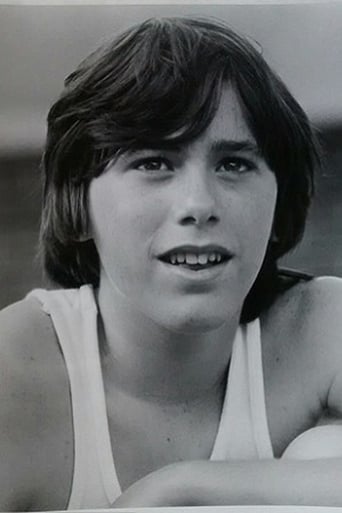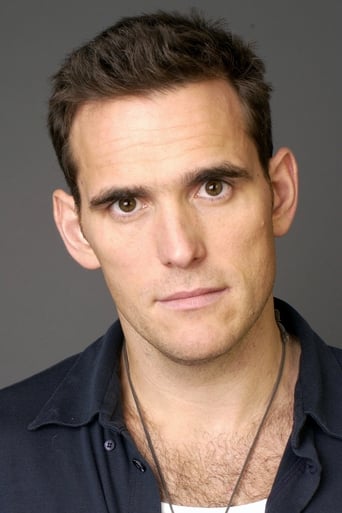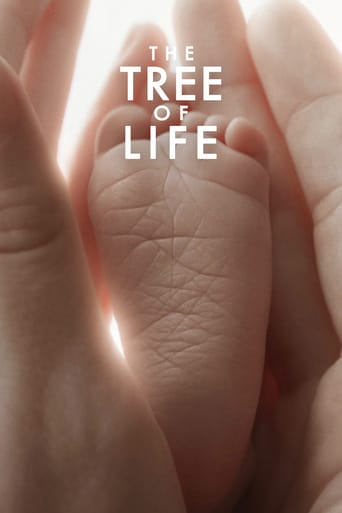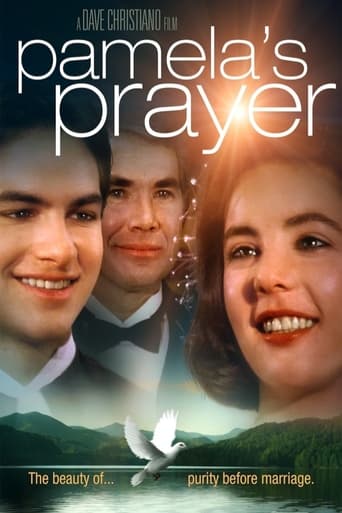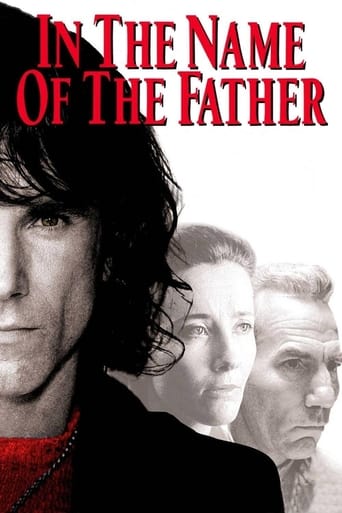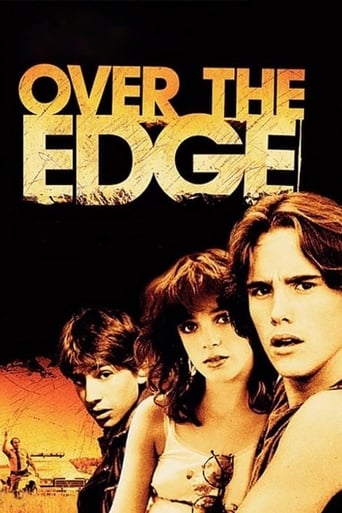
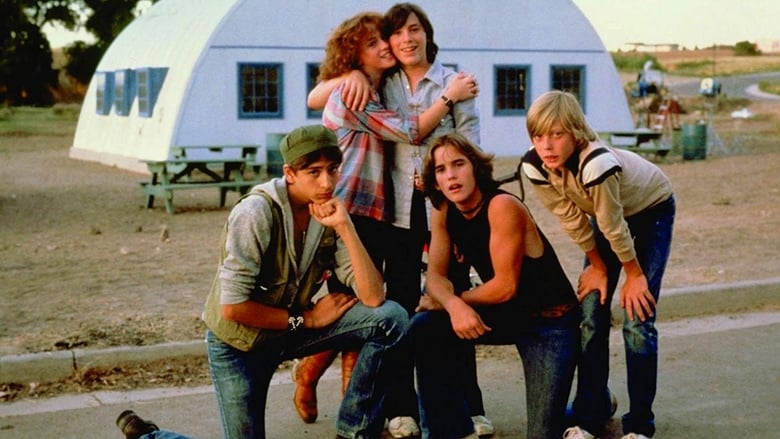
Over the Edge (1979)
A group of bored teenagers rebel against authority in the community of New Granada.
Watch Trailer
Cast
Similar titles
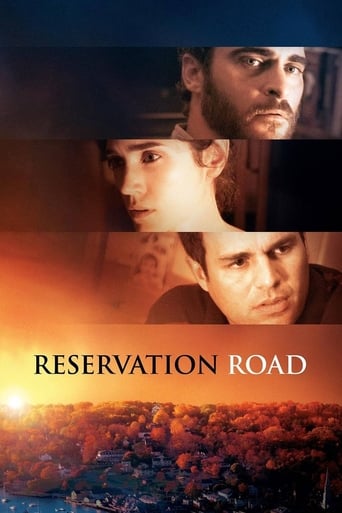
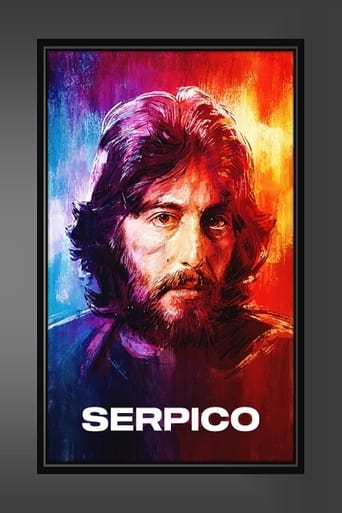
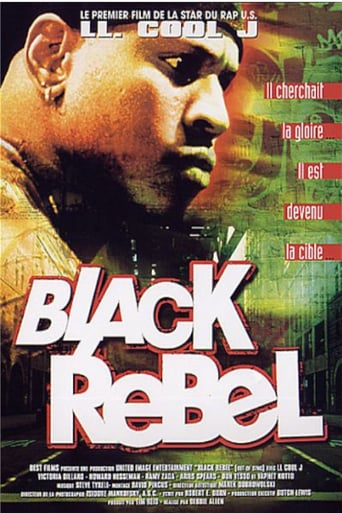
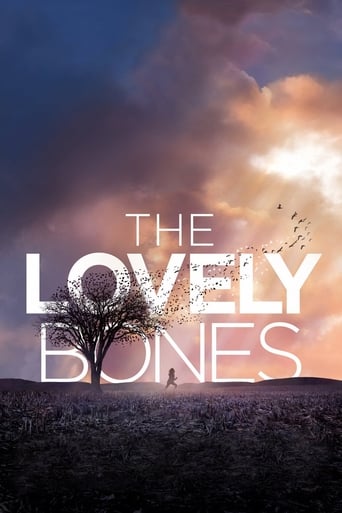

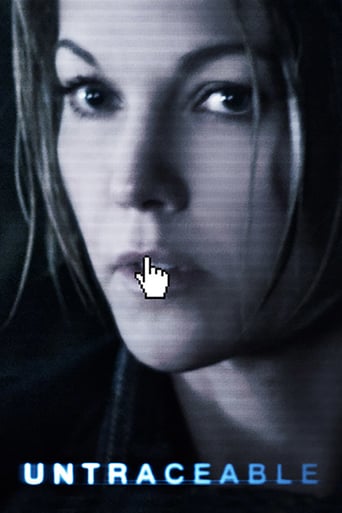
Reviews
Very Cool!!!
I wanted to but couldn't!
The movie's neither hopeful in contrived ways, nor hopeless in different contrived ways. Somehow it manages to be wonderful
It's a movie as timely as it is provocative and amazingly, for much of its running time, it is weirdly funny.
This film was well ahead of its time - Removing the blinders off suburban societal problems. The 'burnout' era was on the backside of style, and those fleeting rays of teen angst & frustration were closing on a generation following the '60s hippie wave. The music, clothes, language, and visualization all intertwine - telling a story that will leave you wondering 'where did we go wrong' raising our kids?
Matt Dillon made his acting debut in Over the Edge playing a punk kid, a character he would parlay into a few more coming-of-age movies in subsequent years. He managed to have a pretty fair career despite the typecasting. Here, his nascent bad-boy personality and charm kick the movie up a notch or two, making a household name for himself in the process.New Grenada is a fictional town in the middle of the desert, a planned community. There's nothing for kids to do, save for hanging out at the local recreation center - which inconveniently closes at 6 pm. It's only a matter of time before the garden-variety vandalism worsens, and sure enough, when two kids fire a BB gun at a police-officer's car from an overpass, tensions in the town become proportionally thicker.At the center of the movie is young Carl (Michael Eric Kramer), son of the homeowners' association president, who's trying to get Texas millionaires to buy some prime real estate in town (rather than build a bowling alley). Carl is described as a nice, smart kid who happens to run with a rebellious crowd, particularly the perpetually on-probation Richie (Dillon), who wears his damn-the-man attitude like a pair of tighty whities.The scourge of the kids' existence is authority in the name of one Officer Doberman (Harry Northup), who is not above harassing the kids any chance he gets. And, for much of the movie, he gets plenty of chances. And when the rec center is inevitably shut down (the better to prevent the rich investors from noticing the Kid Problem), all hell really breaks loose in a realistic, tragic denouement.The script (by Charles Haas and Tim Hunter) effectively illustrates the angst of late-seventies teens desperate to do something, anything, to entertain themselves, something that'll gain themselves notice if not notoriety. The movie is loosely based on an incident that occurred in a real-life planned community in California in the early 1970s and certainly still rings true today.
"Over the Edge" is to be commended for its long, hard look at the problem of troubled youth. It looks at what happens when a bunch of 14 year olds and kids even younger decide to defy authority at every turn and indulge in various criminal activities. The adults aren't part of the solution; in fact, they're part of the problem as they remain ignorant of just what their kids are up to. The cops aren't exactly sympathetic to the kids, to boot.The teens in question are part of a suburban planned community named New Granada. Seemingly with little else to do, they often hang around the local recreation centre and go so far as to deal drugs on the grounds. The story centers on Carl (Michael Eric Kramer), an easygoing guy, and Richie (Matt Dillon, making his film debut), his trouble making friend.What's so damn effective about "Over the Edge" is you believe it at every turn. The relationships are credible, for one thing. The performances of the young actors are entirely convincing; Kramer is a natural in the lead and Dillon already shows an obvious charisma as the friend. Pamela Ludwig is appealing as Carls' love interest Cory, as are Tom Fergus as Claude and Tiger Thompson as Johnny. The older actors are all solid, including Andy Romano and Ellen Geer as Carls' worried parents and Harry Northup as party pooping cop Doberman (an appropriate name, that) but the focus stays right where it should, on the restless teens. Lane Smiths' role as visiting businessman Sloan is rather brief, but he has one of the best lines in the film when he surmises that in the parents' hurry to move from the big city to a small community, they turned their kids into the kind of thing from which they were running. The intelligent script by Charlie Haas and Tim Hunter creates a scenario where things get out of control, and the problems with the kids are nowhere near close to being solved. Jonathan Kaplan directs with conviction; his father Sol composed the music score. The hip soundtrack includes tunes from groups ranging from Cheap Trick to Van Halen to The Cars to The Ramones.The finale is troubling but the good news is that, in the end, the film does maintain a degree of hope for its main character.All in all, this is a teen film worth seeking out and remembering. It sure ain't no John Hughes movie, that's for sure.Nine out of 10.
The story takes place in a "planned community" in the 1970s. In planning this community there was little consideration that there would be a large teenage population there. The kids had only a Quonset hut as a center to hang out in and it was a pretty drab place. It did have a pool table, a foosball table, a basketball hoop, and a sound system, so it was not a total loss. But there were no movie theaters, no bowling alleys, no malls, no parks, etc. Given the rather bleak lack of diverting opportunities many young teenagers turned to drugs and vandalism for entertainment. Considering the homogeneity of the split-level housing styles, lack of trees, uniform lot sizes, and overall lack of any poetry, it is not clear how the adults had many more diversions than the kids, but instead of turning to drugs and vandalism they concentrated on making money.There are good things to be had here. The original appearance of fourteen-year-old Matt Dillon is one of them. In playing alpha male Ritchie White he is so natural in the part that you have to believe that he wasn't acting, but only being himself. As Ritchie's sidekick Carl I found Michael Kramer's portrayal created much sympathy. Carl was not the native badass that Ritchie was, but was easily drawn in to Ritchie's sphere of influence. All of the young kids in the movie were actual young teens and, while the acting skills were not the highest, they gave the movie an authenticity that would have been hard to accomplish with experienced older actors.The soundtrack using 1970s rock music is a definite plus and is perfect accompaniment. One of the refuges the kids had was in listening to music; in that sense times have not changed. One gets so accustomed to current technologies that it was a bit of a jolt to see the kids using turntables in their sound systems. This movie was filmed in 1978, just about the time that the first Walkman came out and long before CDs or iPods.I was left with conflicting reactions to the story and I guess that that is ultimately in its favor since so many movies make little impression. I thought the story was told in a manner to make me sympathize with the kids, but then it was hard to condone much of their behavior, such as shooting BB guns at cars passing under an overpass, or stealing a gun. The drug usage is not too hard to accept in any generation coming after the 1960s and, even though the impression is that the kids are constantly high, what is actually shown is pretty minimal. I can't remember seeing Ritchie partake in anything more than a bottle of beer; Carl is seen taking a single toke on a joint and nothing more; and one kid has taken LSD before a school test. And there is no sexual coupling to be seen.I felt that most of the adult behavior was exaggerated to make them seem like the enemy. Carl's dad is more interested in his Cadillac dealership than in his son. The emphasis in the adult world is on growth. The local law often exceeds its authority, like conducting searches for no probable cause. But the police were probably fed up with dealing with these kids. Carl's and Richie's mothers seemed approachable--it was too bad that some honest communication could not have been established between them, but I suppose that is asking too much from young teens. It is made out that the whole school was on the same emotional plane as the lead characters--surely there were some studious sorts or sports nuts among the teens.The ending is most unfortunate, missing an opportunity to delve a little deeper in trying to understand the conflicts rather than giving the audience over the top explosions and improbable scenes. In one instance a single rifle shot at a parked car causes it to explode as if it were hit by a grenade. The conflagration that engulfed the teen center appeared to have the force of an atomic bomb. I kept wishing that these kids could have been a little more resourceful in finding better ways to entertain themselves. Apparently in the real event that formed the basis for this movie the climax had the kids showing up at the meeting of the parents at the school and presenting their grievances. How much more interesting that would have been than what is shown. The final scenes of mayhem and destruction changed my feelings of sympathy for the kids to feelings of despair that there would ever be a civil resolution to their inter-generational conflicts.I would think that, with the advent of all the electronic entertainment devices and the existence of internet porn, that juvenile crime would be down in recent years, but anti-social behavior seems to be encoded into the DNA of most young males.Maybe in response to movies like this it is now common that, rather than being ignored, young people's desires and needs drive family dynamics.
